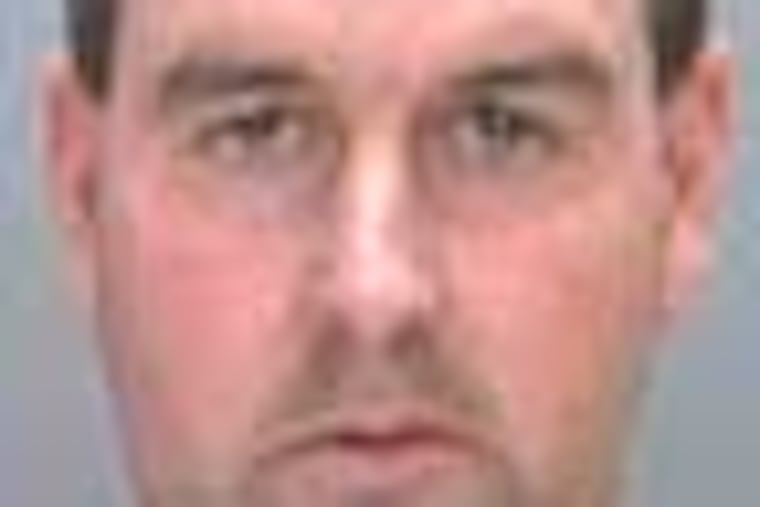Jury deliberates faith healer manslaughter case
A Philadelphia Common Pleas Court jury resumes deliberations Friday in the involuntary manslaughter trial of a Rhawnhurst couple whose 2-year-old son died of pneumonia because they eschewed medical care and tried to heal him with prayer.

A Philadelphia Common Pleas Court jury resumes deliberations Friday in the involuntary manslaughter trial of a Rhawnhurst couple whose 2-year-old son died of pneumonia because they eschewed medical care and tried to heal him with prayer.
The 12 jurors met for about 90 minutes Thursday after lawyers for Herbert Schaible, 42, and his wife Catherine, 41, presented their only witness: noted Pittsburgh forensic pathologist Cyril H. Wecht.
The couple's son, Kent, died Jan. 24, 2009 following a two-week illness that turned out to be bacterial pneumonia.
The Schaibles did not testify in their defense. However, in statements to police, they said Kent seemed to have a heavy cold or flu. They said they prayed over the child, put him to bed and discovered later that day he was dead.
The Schaibles are members of First Century Gospel Church in Juniata Park, a fundamentalist Christian congregation that teaches faith healing through prayer and considers medical care a lack of faith in God.
The Schaibles' lawyers retained Wecht as a witness to rebut the testimony of Philadelphia Assistant Medical Examiner Edwin Lieberman, who ruled the boy's death a homicide and told the jury that he likely would have survived had he been taken to a doctor.
Wecht's analysis of the autopsy results differed from Lieberman's. Wecht testified that the boy had two serious forms of bacterial pneumonia: the Hemophilus Influenza Type B found by Lieberman, but also Staphylococcus aureus, which he said played a larger role in Kent's death.
In one respect, however, Wecht did not testify as defense attorney Bobby Hoof had predicted in his opening statement. Hoof told the jury Wecht would say the bacteria in Kent's lungs was drug-resistant and that he would have died even with medical care.
Wecht, however, told the jury on Thursday that he could not predict how Kent might have responded to antibiotics, although he believed it "more likely than not" the pneumonia would have been fatal even with medical intervention.
The fatal infection was fast-moving, developing 12 to 24 hours before Kent Schaible died, Wecht testified.
Though based in Pittsburgh, Wecht has built a national reputation in the last few decades as a consultant in other cases. He helped investigate the deaths of Elvis Presley, JonBenet Ramsey and Clinton Administration aide Vincent Foster.
Following Wecht's testimony, the jurors heard closing arguments from Hoof, who represents Herbert Schaible; Mythri Jayaraman, who represents Catherine Schaible; and Assistant District Attorney Joanne Pescatore, followed by instructions in the law from Judge Carolyn Engel Temin.